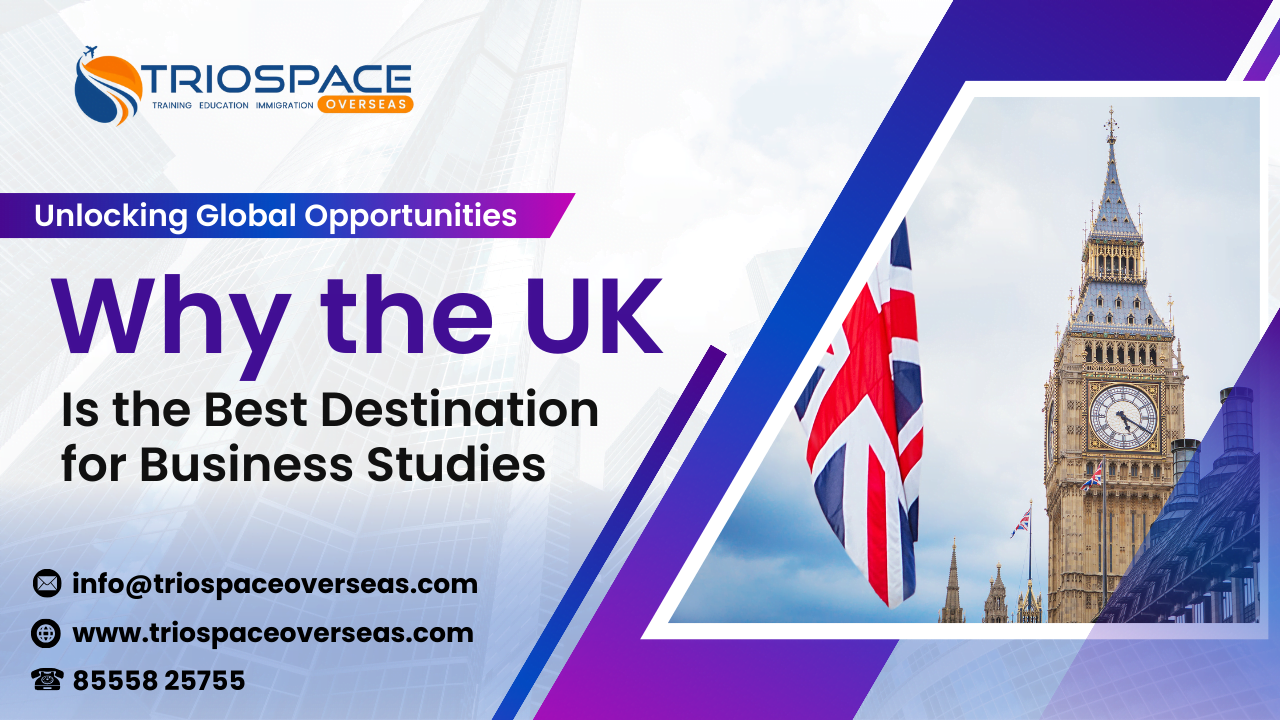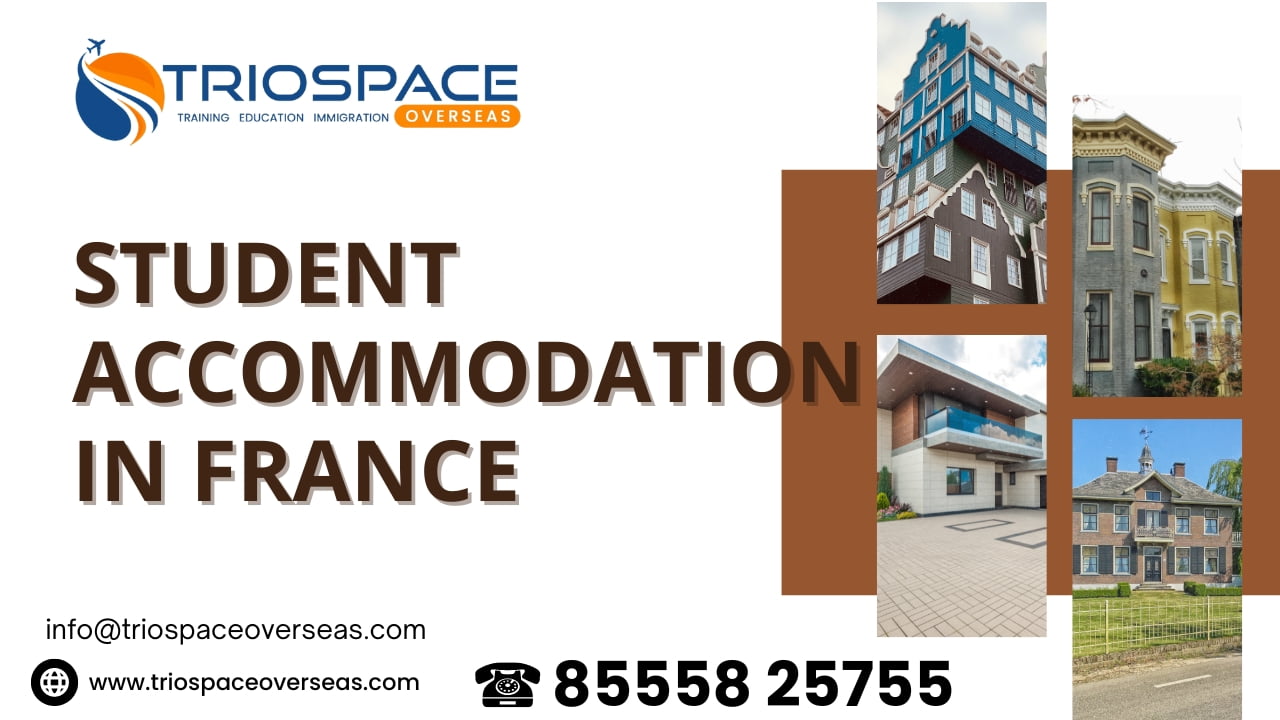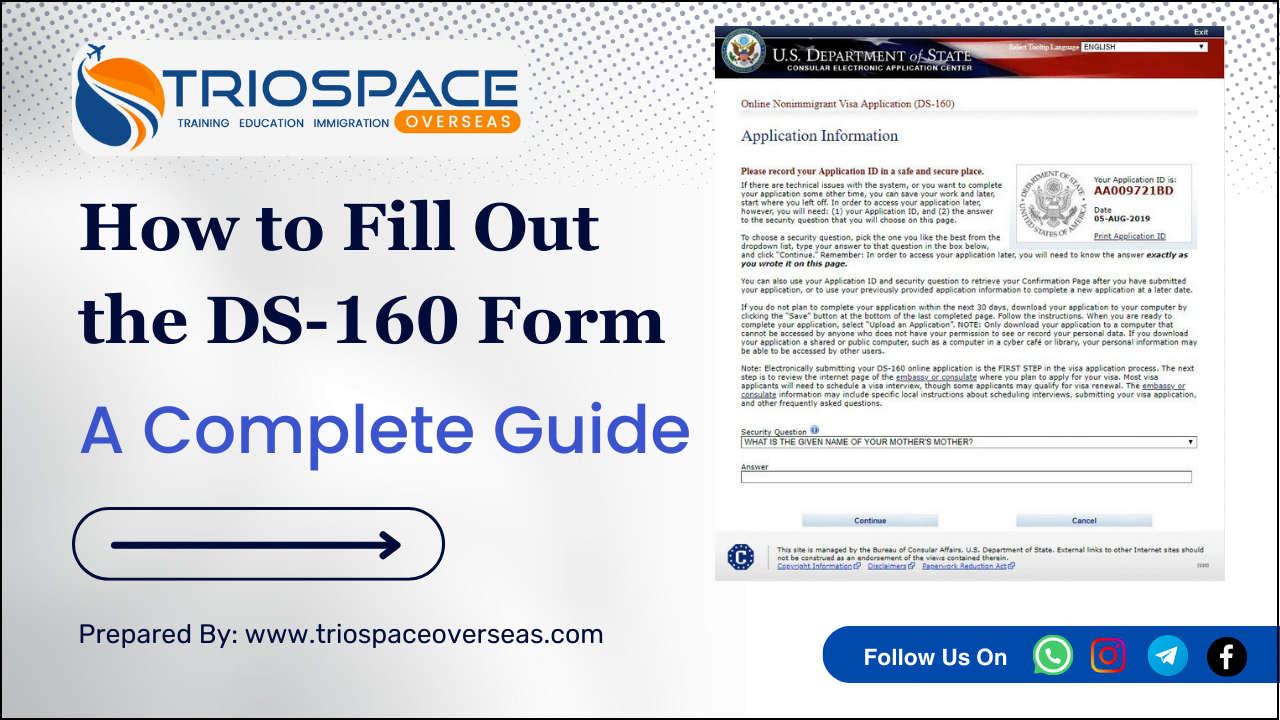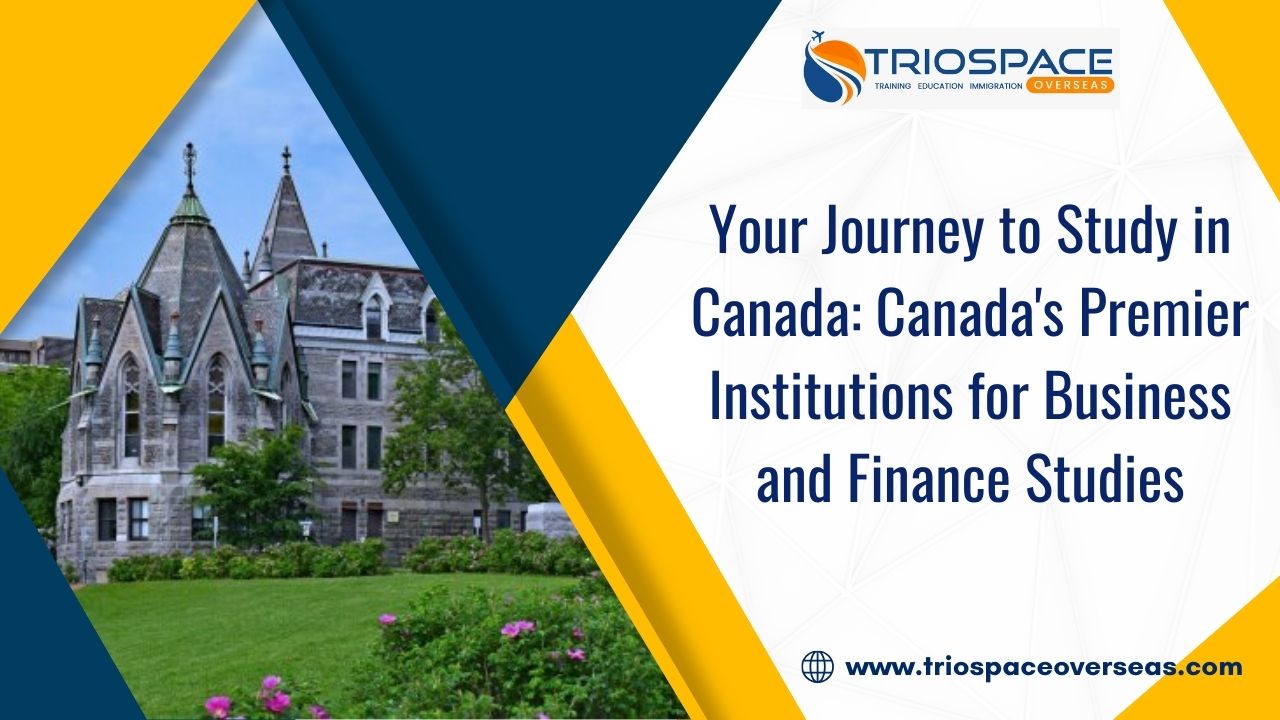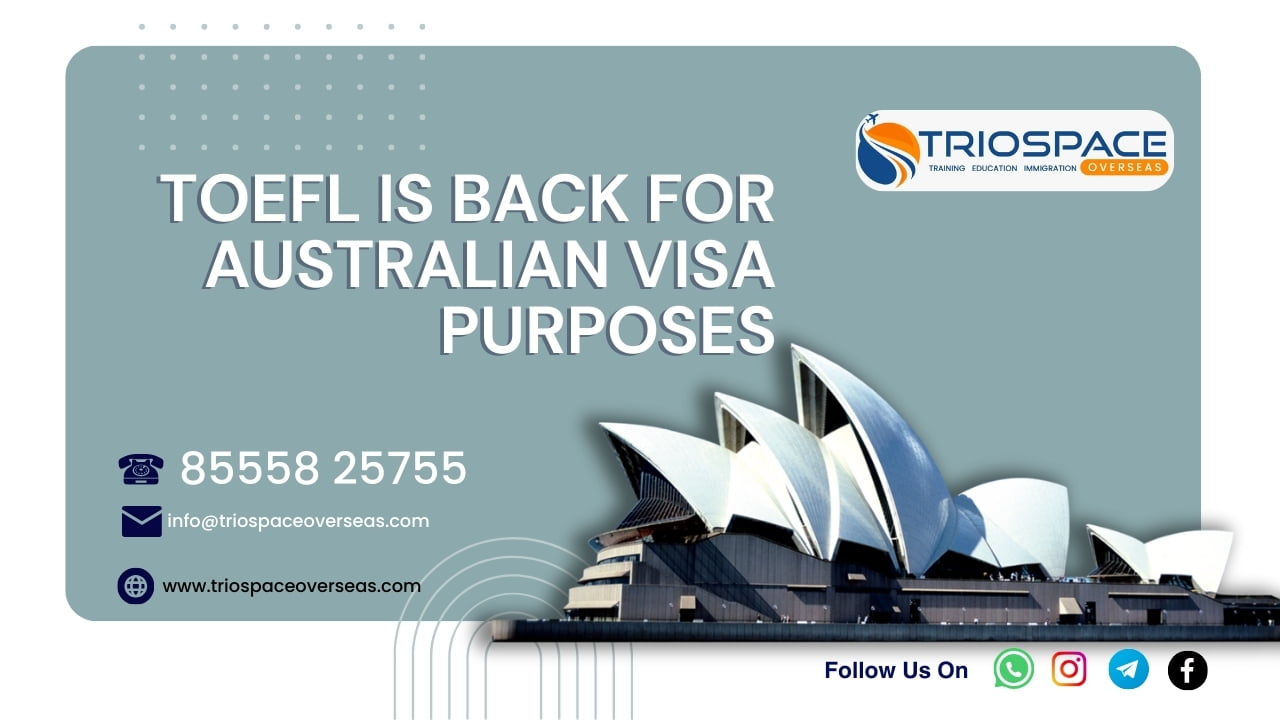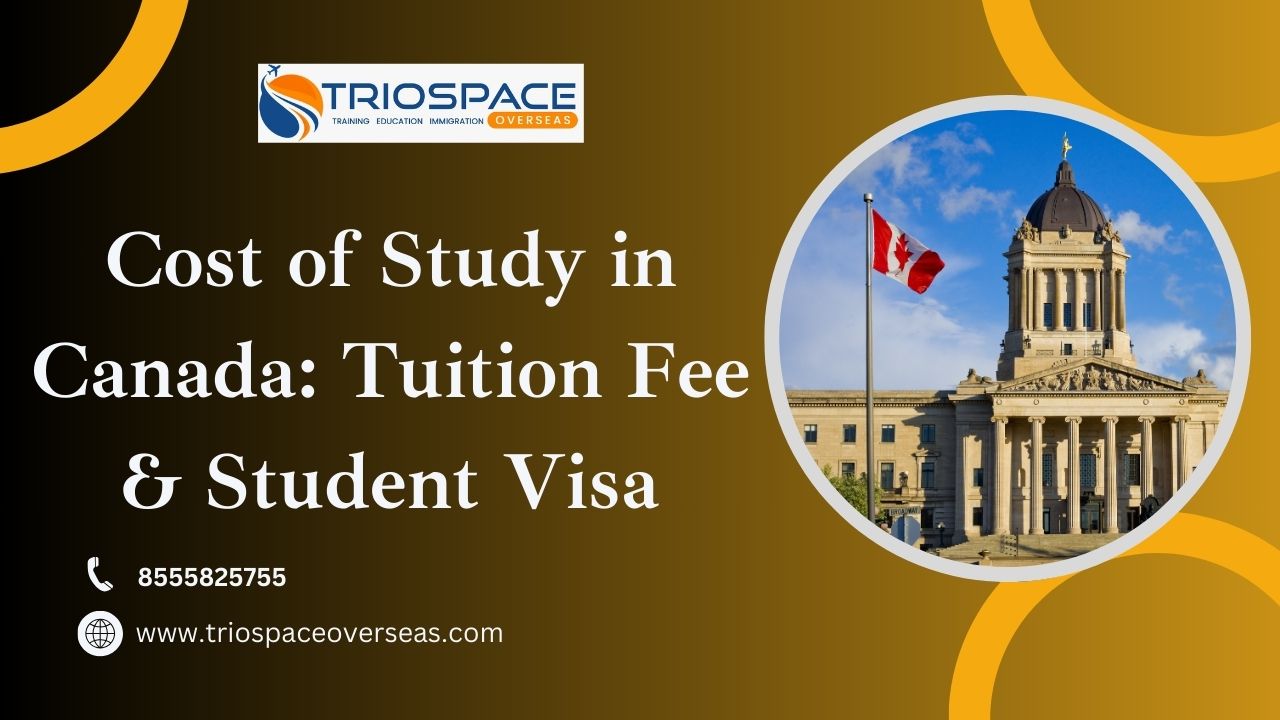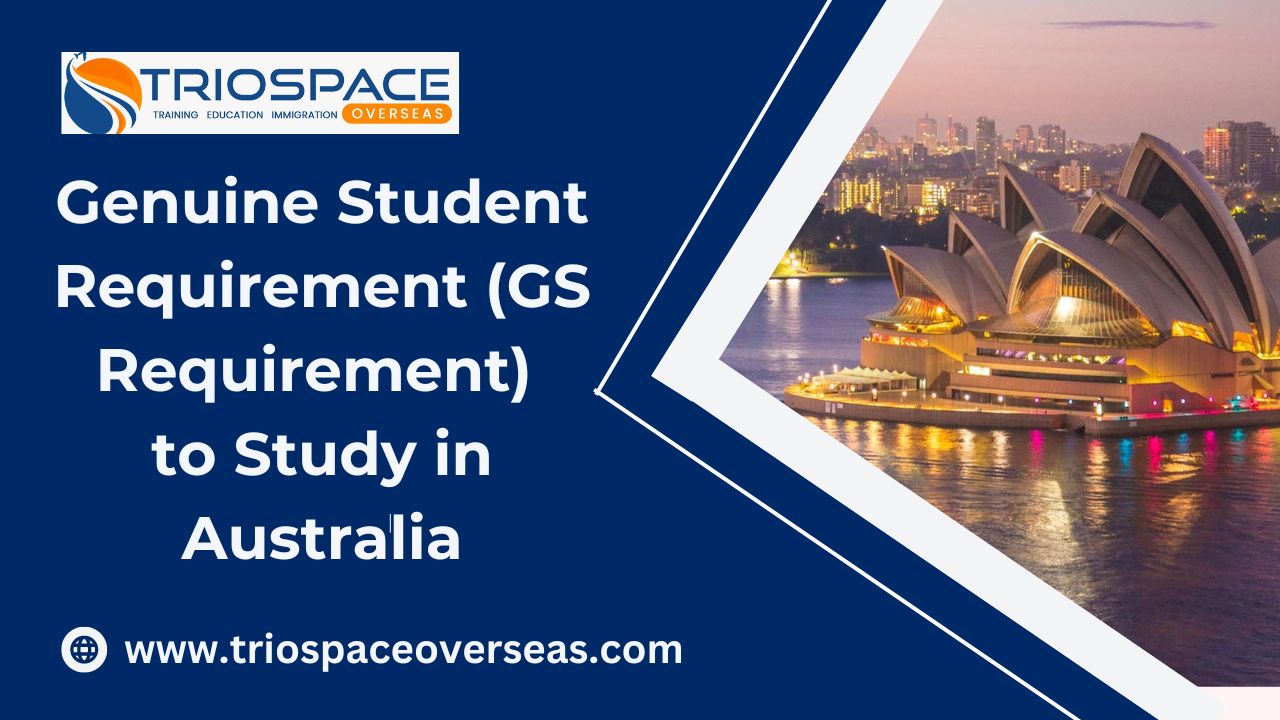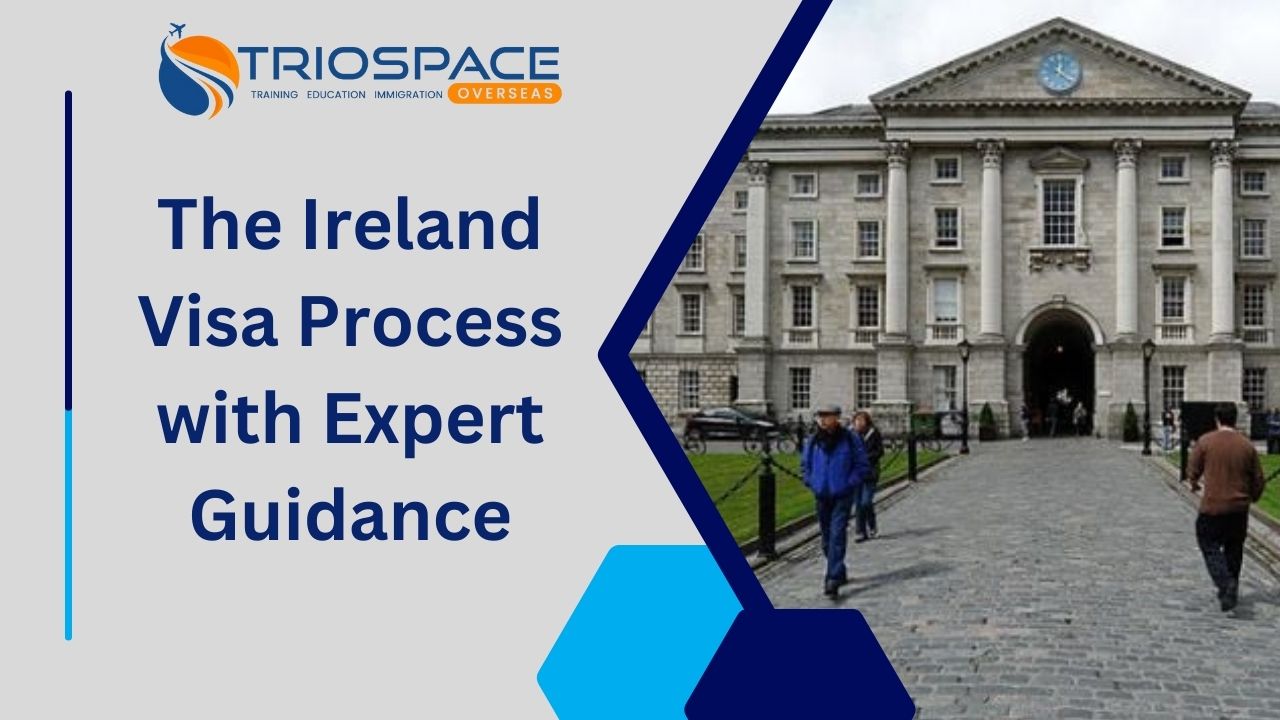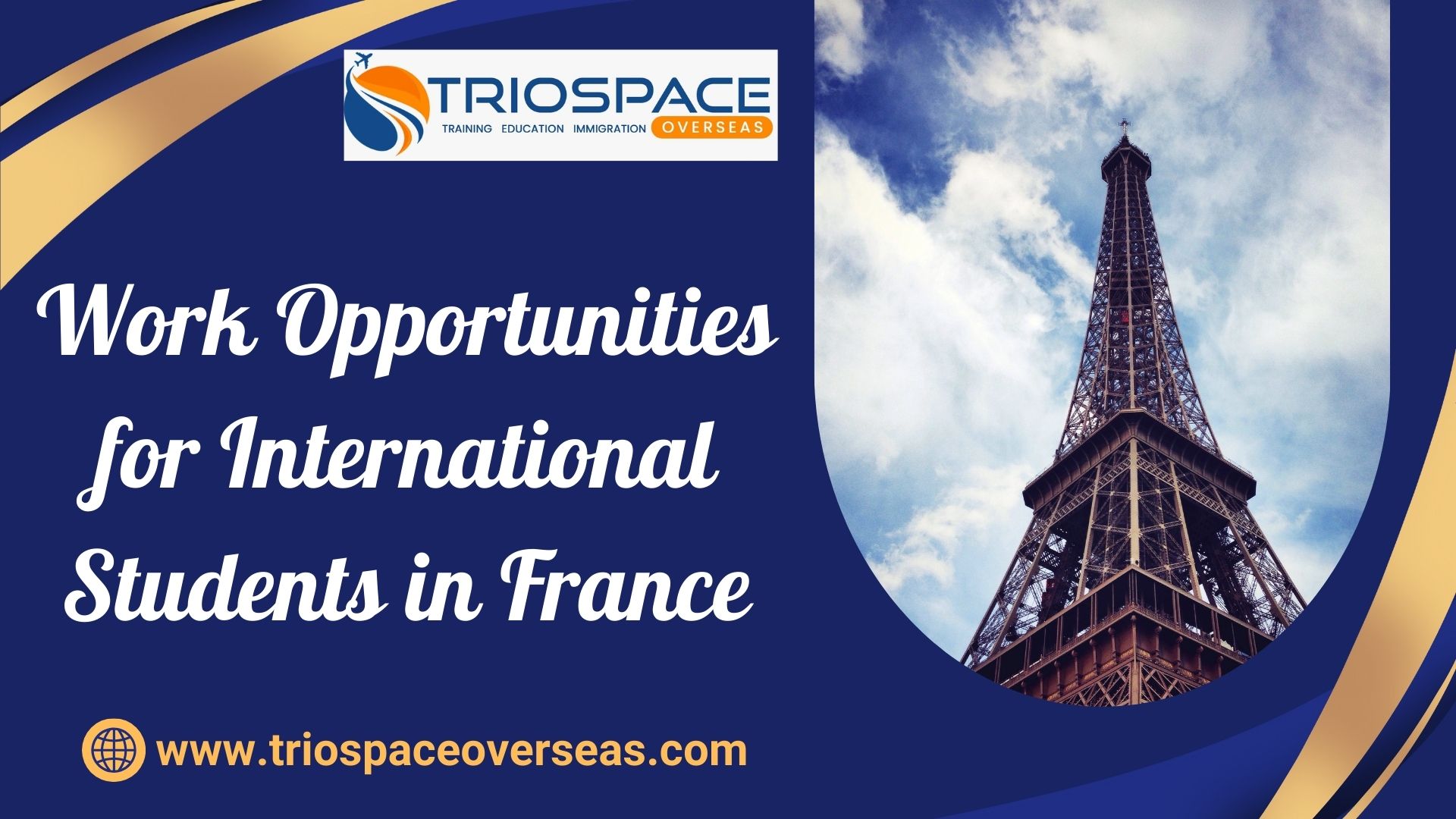
Planning to Study in New Zealand
New Zealand Education Consultants in Hyderabad
Speak with Study Abroad Expert
Study in New Zealand Education Consultants in Hyderabad
Study in New Zealand Education Consultants in Hyderabad is Triospace Overseas. Fundamentally, the education system in New Zealand teaches students how to solve problems, take in, evaluate, and use information, as well as how to collaborate with others to create and develop. The method encourages independent thought, adaptability, and self-worth development. Students are encouraged to be self-assured, socially aware, and engaged by the faculty.
Why Study in New Zealand?
New Zealand is an excellent place to study for international students. The country offers a high-quality education, a diverse range of programs, a beautiful and safe environment, an affordable cost of living, plenty of opportunities for outdoor activities, a welcoming and multicultural society, excellent job prospects, and a pathway to permanent residency.
- ranked second among all peaceful countries in the world
- Outstanding professional development and career prospects
- Many job options upon graduation
- Excellent faculty and superior teaching abilities
- Opportunities for research and development.
- Your certification’s worldwide validity
- Numerous chances for Ph.D. candidates
- A superior way of living
- While studying, international students can work part-time.
- Eight universities ranked by QS Worldwide
- Three-year post-study work permit
- The annual tuition fee ranges from NZD 18,000 to NZD 40,000.
- Annual scholarships ranging from NZD 10,000 to NZD 20,000
- Get a visa within a week to ten.
Intakes to Study in New Zealand:
There are two main intakes for international students offered by New Zealand universities.
Some universities may also offer additional rolling intakes throughout the year, typically in March, April, and May. These rolling intakes allow students to apply to specific programs outside of the traditional semester intake periods.
Here’s a summary of the intake options:
Cost of your Program to Study in New Zealand:
Costs may vary depending on the university, program, location, and individual lifestyle. Tuition fees can be higher for certain programs, such as medicine and engineering.
Admission/Eligibility Criteria to Study in New Zealand:
Qualifications for Education
The minimum required score to graduate from an AICTE- or UGC-recognized university is 50%.
Age Restriction
Age requirement: 18 years or older. The highest age limit is unrestricted.
Result for English Language Proficiency
IELTS 6.5 no band less than 6
TOEFL in the range of 90+
PTE in the range of 60+
Application Process to Study in New Zealand Universities:
Depending on the particular university and program you are applying to, the application process to study in New Zealand may differ. However, there are a few standard operating protocols that you must follow.
Step1: Research your options
Step2: Select Universities
Step3: Prepare for entrance exams
Step4: Finance your studies
Step5: Apply to University
Step6: Get Student Visa
Step7: Confirm admission
Types of Student Visas for New Zealand:
Documents Required for Student Visa Application:
• Completed application forms and supplementary information form.
• Visa application fee (Online- 430 NZD)
• Original passport
• Covering letter & SOP
• Financial documents
• Affidavit of support from sponsor
• Evidence of English language ability – IELTS/TOEFL/PTE score card
• E-Medicals acknowledgement of medical test from empanelled doctor which should not be
more than 3 months old
• Original police clearance certificate(must be less than 6 months old at the time of visa filing)
Scholarships to Study in New Zealand Universities:
Expenditures to Study in New Zealand:
The cost of studying in New Zealand can vary depending on your lifestyle, location, and program of study. However, here is a general breakdown of the average expenditures you can expect:
Tuition fees:
Undergraduate degree: NZ$18,000 – NZ$40,000 per year
Master’s degree: NZ$19,000 – NZ$55,000 per year
Doctoral degree: NZ$28,000 – NZ$32,000 per year
MBA: NZ$31,000 – NZ$50,000 per year
Living expenses:
Accommodation: NZ$6,000 – NZ$10,000 per year
Food: NZ$5,000 – NZ$6,000 per year
Utilities: NZ$2,000 – NZ$3,000 per year
Transportation: NZ$1,000 – NZ$2,000 per year
Other expenses (personal, entertainment, etc.): NZ$1,000 – NZ$2,000 per year
Additional costs:
Health insurance: NZ$500 – NZ$1,000 per year
Textbooks and course materials: NZ$500 – NZ$1,000 per year
Student visa application fee: NZ$430
Travel costs: Variable depending on your home country
Top Courses to Study in UK
Business & Management
Computer Science
Engineering
MBA
Data Science
Law
Sports
Arts and Design
MBBS
Marketing








